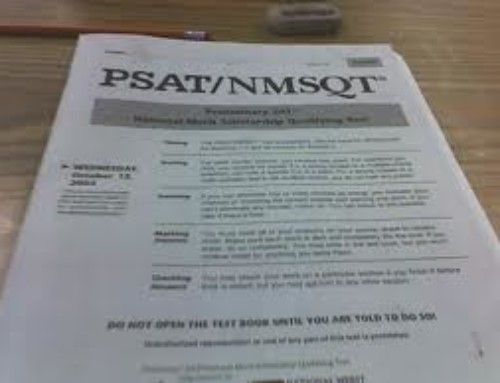Liberal Arts Educations?
Is it still worth it?
 As high school seniors and juniors start to focus on the types of colleges that are most appealing to them, it is timely to address the question that is so often discussed these days: What is the value of a liberal arts education?
As high school seniors and juniors start to focus on the types of colleges that are most appealing to them, it is timely to address the question that is so often discussed these days: What is the value of a liberal arts education?
Many high school students grow up dreaming about attending a particular type of school. Often that is a large state university. For the most competitive students, the Ivy League and other nationally known schools of similar prestige are the ultimate goal. Unfortunately, many if not most high school students are relatively unaware of the hundreds of small liberal arts colleges that exist in every corner of the country.
Liberal arts schools offer a fantastic educational opportunity to students at every academic level. Their small teacher to student ratio means that students have a plethora of opportunities to really get to know their teachers on a personal level. Also, most liberal arts schools offer students opportunities to engage in graduate level research throughout their college careers. The intimate size of the classrooms themselves guarantees student participation in class discussion. The relatively small size of the student body encourages student participation in virtually every aspect of campus life. Finally, these colleges put a lot of effort into helping their students find relevant internships in their fields of study.
Although the advantages of liberal arts colleges are well recognized, recently the idea of a liberal arts education has been questioned. This questioning is in direct response to the tight job market confronting our college graduates and the thought that without a “practical degree” such as engineering or computer science, college graduates will have an extremely difficult time getting a job after graduation.
In response to this concern, those acknowledging the advantages of a liberal arts education assert that liberal arts is broad in scope and is designed to teach students how to think creatively and critically. It teaches skills across many disciplines including science, humanities, prelaw and pre-medicine. Good writing and problem solving skills are taught and constantly reinforced.
In this rapidly changing job market, it is difficult to predict what particular degree or program is “best “ for future job candidates. I agree with those who state that liberal arts colleges are uniquely prepared to educate students in a way that best prepares them for the future. Having a broad knowledge base will only make job candidates well rounded and more capable to take on new challenges.
As you refine your college search or start your initial search, you may want to consider looking into some small liberal arts schools. One great website to check out it the Colleges That Change Life site at ctcl.org/colleges/list. We at Launch are constantly learning about these schools and are eager to share our information with you. Please contact Launch College Counseling with any questions about your college search.




